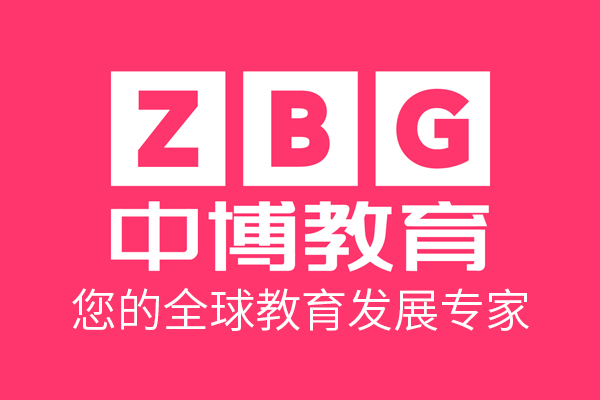ACCA LW清盘:Assets and liabilities
![]() 文章来源:ACCA官网
文章来源:ACCA官网
![]() 发布时间:2021-08-11 14:53
发布时间:2021-08-11 14:53
![]() 阅读:1092次
阅读:1092次

Assets and liabilities
(1)Basic concepts
As the company is insolvent,the creditors will not be paid in full.Although the full picture is very much more complex,broadly speaking,creditors may be divided into two classes:
(i)secured creditors,and
(ii)unsecured creditors.
The former class enjoys priority over the latter class,because it is able to point to specific assets of the company or in the company’s possession and realise them to discharge the debts owed by the company to it.The latter,on the other hand,has no such right–their claims are purely personal.Except for preferential creditors,who may enjoy priority over the claims of a floating charge holder,unsecured creditors are only entitled to participate in the distribution of the free assets of the company,ie property of the company not subject to security or proprietary claims of third parties.

(2)Assets available for distribution
First,the liquidator must determine what are the assets of the company and assets in its possession.Next,they have to discount those assets subject to the security interests of creditors and assets subject to the proprietary claims of creditors and other third parties.The remaining assets,called the‘free’assets,are then available for distribution to the unsecured creditors.
The above principle is subject to two qualifications.First,under the Companies Act Cap 50,assets subject to a floating charge are sometimes required to be employed to meet the claims of preferential creditors before meeting the claims of the holder of the floating charge.This occurs when the free assets are not sufficient to pay certain categories of preferential debts.Second,certain transactions entered into by the company before it enters into insolvent liquidation may be set aside in insolvent liquidation under the avoidance provisions.Assets dissipated by the company may thus be clawed back,and in certain situations they swell the pool of free assets available for distribution to the unsecured creditors.
(3)Liabilities
(a)Pari passu principle(equal proportion)【点击免费下载>>>更多ACCA学习相关资料】
The process of liquidation is not only collective but it is also mandatory in the sense that(i)all unsecured creditors are bound by it and(ii)it is the exclusive procedure for the satisfying of creditor claims.To get paid,creditors lodge what is called proofs of debts with the liquidator,and if the liquidator accepts them,the company,if it has sufficient assets,will pay a dividend on the debts.
Subject to important exceptions,the general principle is that upon the liquidation of an insolvent company its property must be applied pari passu–ie rateably or proportionately,to satisfy the claims of its creditors at the time when it goes into liquidation.
We have seen that secured creditors with claims against property in the company’s possession‘rank’ahead of the unsecured creditors.This is not an exception to the pari passu principle.The reason is that property that is subject to their security interests is no longer the company’s property.In truth,these creditors stand outside of the insolvent liquidation.On the other hand,preferential creditors,which were also mentioned earlier,constitute a true exception.They are unsecured creditors,but are given special status by the IRDA.
(b)Ranking of unsecured claims
Section 203(1)IRDA sets out the ranking of preferential debts,which are to be paid in priority to all other unsecured debts,in the following order:(a)the costs and expenses of the winding up incurred by the Official Receiver;(b)costs and expenses of winding up,including the remuneration of the liquidator;(c)costs of the applicant for the winding up order;(d)wages or salary up to a prescribed limit;(e)retrenchment benefits up to a prescribed limit;(f)workmen’s compensation under the Workmen’s Compensation Act Cap 354;(g)amounts due in respect of provident fund contributions;(h)remuneration in respect of vacation leave;(i)taxes.
If there is insufficient to pay any class of preferential debts,the debts within the class share in equal proportions.Subsequent classes of preferential debts,if any,will not be paid and clearly,the unsecured creditors will get nothing as well.However,to protect the preferential creditors of the company,s.203(6)provides that in the event the‘free’assets of the company are insufficient to pay the preferential debts specified in(a),(b),(c),(d),(e),(g)and(h),these debts shall have priority over the claims of the holders of floating charge,and will be paid out of property subject to the floating charge.
2022年ACCA最新学习资料包
请大家认真填写以下信息,获取2025年ACCA学习资料包,会以网盘链接的形式给到大家,点击免费领取后请尽快保存。
*姓名不能为空
*手机号错误
*验证码错误

 免费咨询热线:400-699-1716
免费咨询热线:400-699-1716  微信
微信

 APP
APP


























